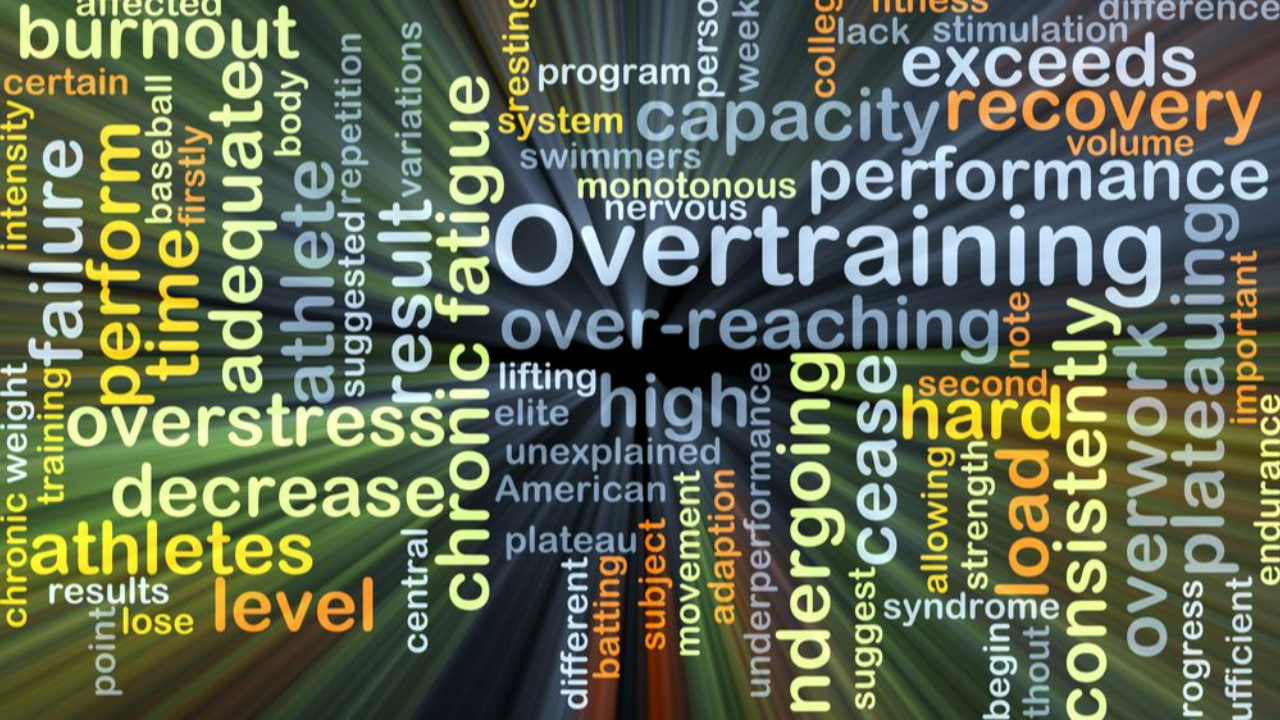
EXERCISE, COMPETITIVE SPORT, OVER-TRAINING, AND MENTAL HEALTH
Aug 15, 2022Exercise at mild or moderate levels is beneficial to your physical and mental health. Unfortunately, all the benefits will not occur if the training load is increased beyond a certain point. Overreaching is good; athletes must stress the body above what is required for general fitness to maximize performance gains. However, overreaching must be combined with adequate rest to ensure it is beneficial. Overtraining occurs when the work level is beyond physical tolerance limits, and there is incomplete recovery during rest periods. Overtraining syndrome is an extreme reduction in the capacity to train and compete at normal levels that persists for weeks or months, and it is a direct consequence of the stress of training paired with insufficient recovery.
I know that after a long break, most athletes are excited to get back to work; however, over-excitement can result in training beyond your physical tolerance without appropriate rest, which can lead to overtraining. And in the worst-case scenario, your super enthusiasm can cause your body to respond negatively to increased training volume. Instead of performance gains, you can develop overtraining syndrome.
The overtraining syndrome causes changes in the nervous system and endocrine systems, especially the hypothalamus, which is the part of the brain that maintains the body’s internal balance. The physical signs of an overtraining syndrome are depressed immunity and increased risk of infections, sleep disturbances, loss of appetite, intense muscle soreness, feelings of heaviness in the arms and legs, and increased perception of effort associated with training. The overtraining syndrome also causes many psychological symptoms such as mood disturbances, irritability, and depression. About 80% of overtrained athletes meet the diagnostic criteria of clinical depression. Also, you do not want to over-train and drain your ability to fight any disease.
In summary, high volumes and a higher intensity of training without monitoring can affect the athletes’ overall health. And if athletes develop Overtraining Syndrome, recovery can take months or years. Fortunately, if you learn to monitor your mind and body using psychophysiological instruments, these tools will provide you with practical ways of reducing the risks of overtraining and the undesired consequences to your physical and mental health.
If you want to learn more and thrive under pressure, schedule your FREE consultation
